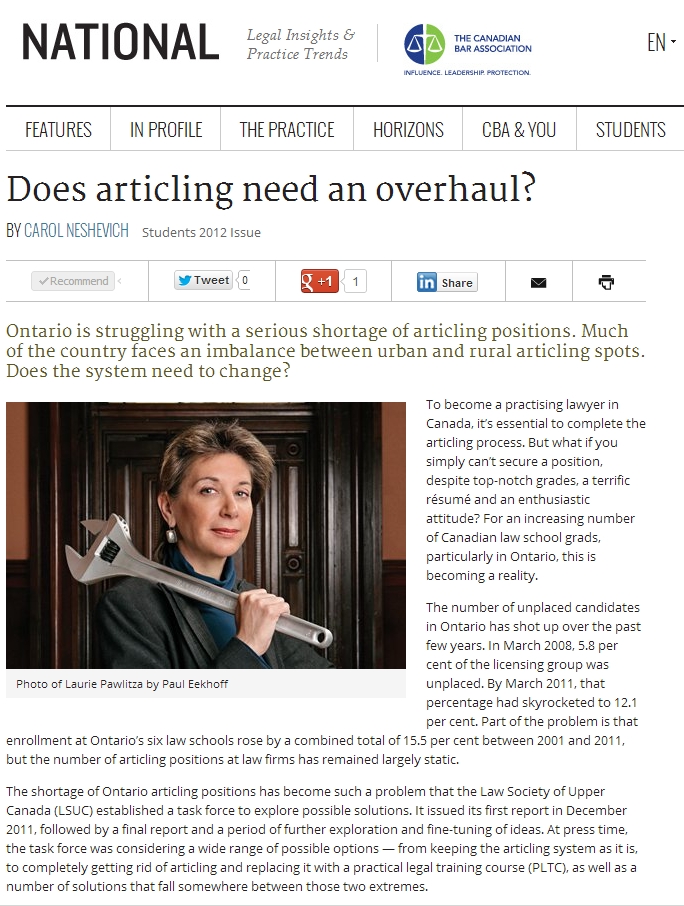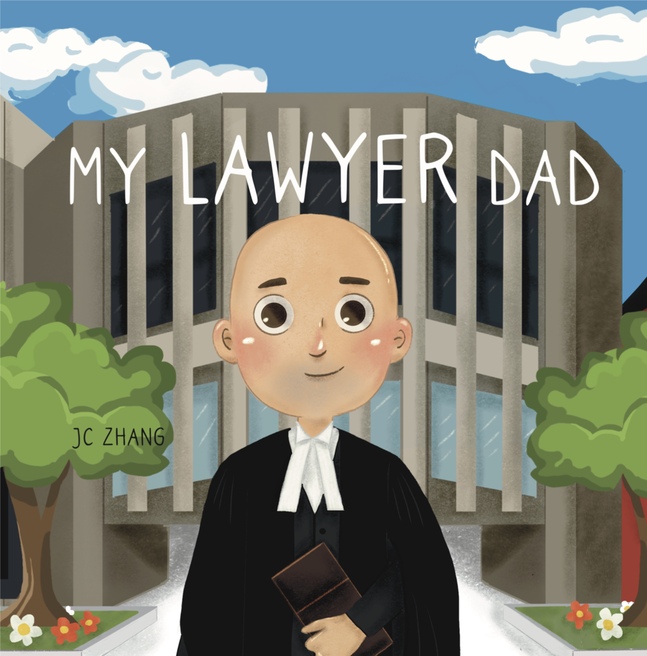Articling Crisis Discussed in National Magazine
Carol Neshevich of the Canadian Bar Association (CBA)’s National Magazine interviewed Omar Ha-Redeye in the 2012 Student Edition on the articling situation:
Omar Ha-Redeye, who articled in 2010-11 and now owns his own small full-service firm in Toronto called Fleet Street Law, thinks the system needs a major overhaul. In terms of the shortage, he believes law schools have an obligation to limit the number of students they accept. But he also suggests that the articling system seems biased against certain minority groups. Consider these statistics from LSUC: As of June 2011, 90 per cent of all 2010 licensing process candidates had secured an articling placement. But in terms of the 26.6 per cent of all 2010 candidates who identified themselves as being from an equity-seeking group (aboriginal, persons with a disability, francophone, gay/lesbian/bisexual/transgendered, or racialized community), only 86 per cent of those candidates had secured a placement by June.
Law firms often hire those who are “a good fit” with the firm’s culture, says Ha-Redeye, and someone from a minority group sometimes isn’t viewed as fitting the mould. This means it’s the students who have to change to fit in, he says: “It’s not the workplace changing to accommodate the different populations of Canada.” There’s also the issue of social connections that can help a student get an “in” into a firm. “Career services urge you to tap your social contacts,” says Ha-Redeye, but members of racialized communities frequently don’t have as many connections to tap. “If your parents are judges, it’s an entirely different situation than if your parents are immigrants and worked as labourers,” he explains.

